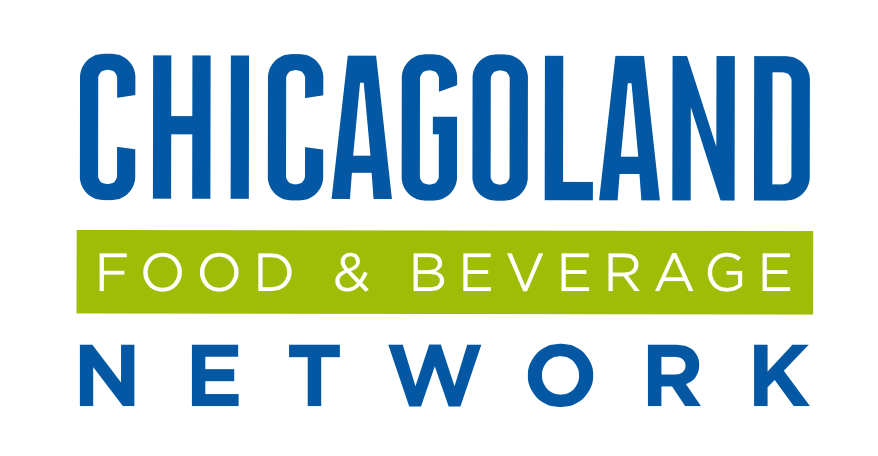PepsiCo today (Aug. 20) announced it will acquire SodaStream International Ltd., maker of "Sparkling Water Makers," for $3.2 billion in cash.
SodaStream was an early entry in the home-soda market. Its machine allows consumers to "transform ordinary tap water into sparkling water and flavored sparkling water in seconds." Regarding that last part: At the moment, SodaStream sells generic flavors for its carbonated water – "lemon fruit drops, raspberry fruit drops, diet cola and "Dr. Pete" – but those could become branded PepsiCo products.
PepsiCo offered $144 per share in cash for the Israel-based company, 32 percent above its 30-day average price.
In addition to the synergies and business talk, Indra Nooyi, PepsiCo's chairman and CEO for another six weeks, noted SodaStream fits well into her company's "Performance with Purpose" philosophy by "offering consumers the ability to make great-tasting beverages while reducing the amount of waste generated. ... Together, we can advance our shared vision of a healthier, more-sustainable planet."
And while it does help Pepsico reach consumers in their homes, rather than in grocery or convenience stores, it is a doubling-down on carbonated soft drinks, sales of which have flattened lately.
To read the full article click HERE
